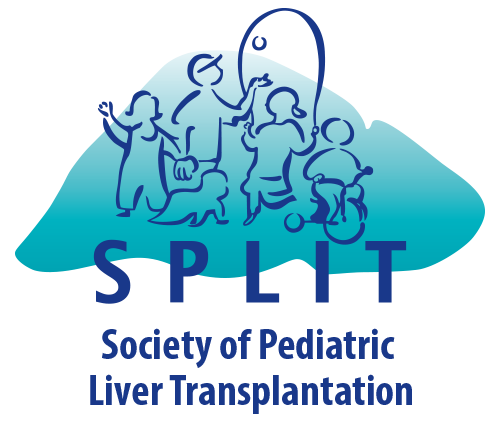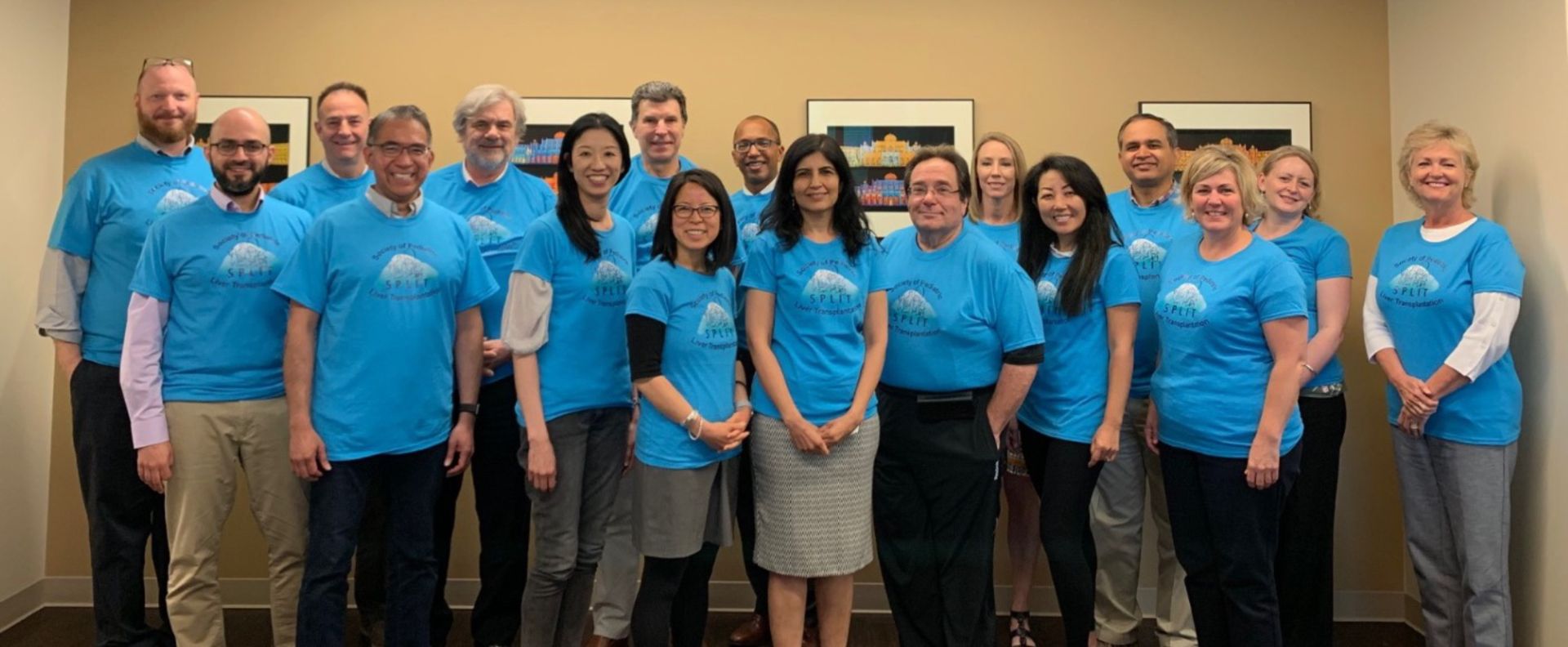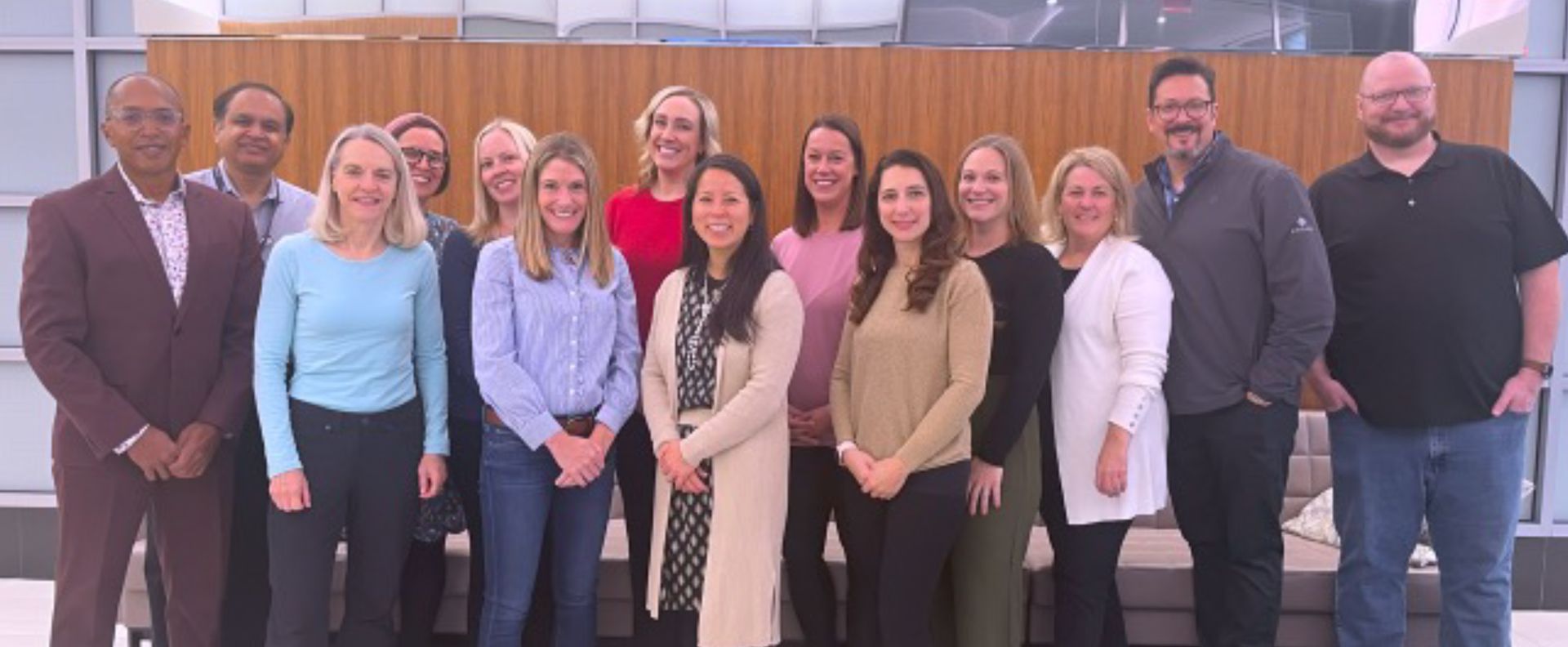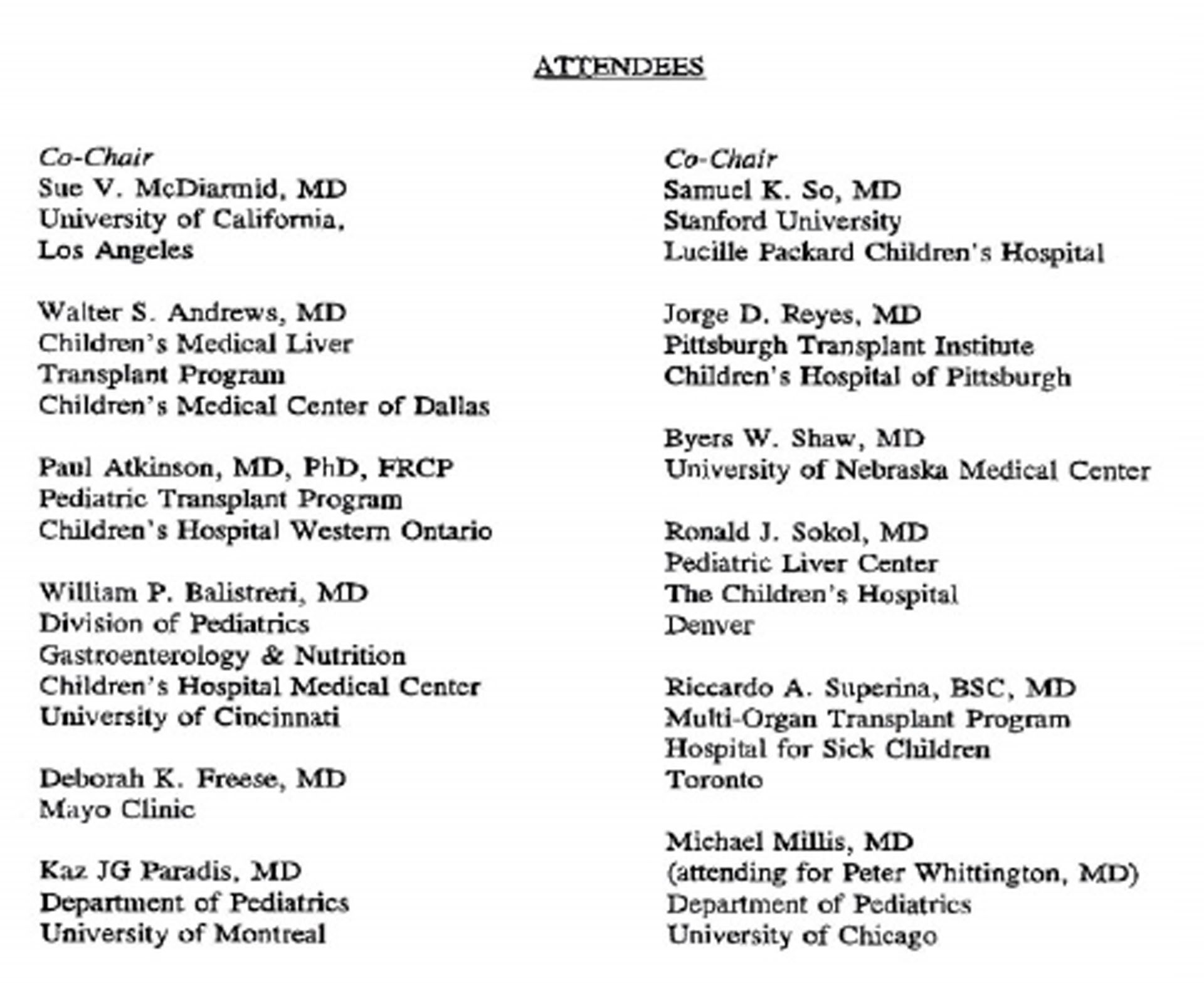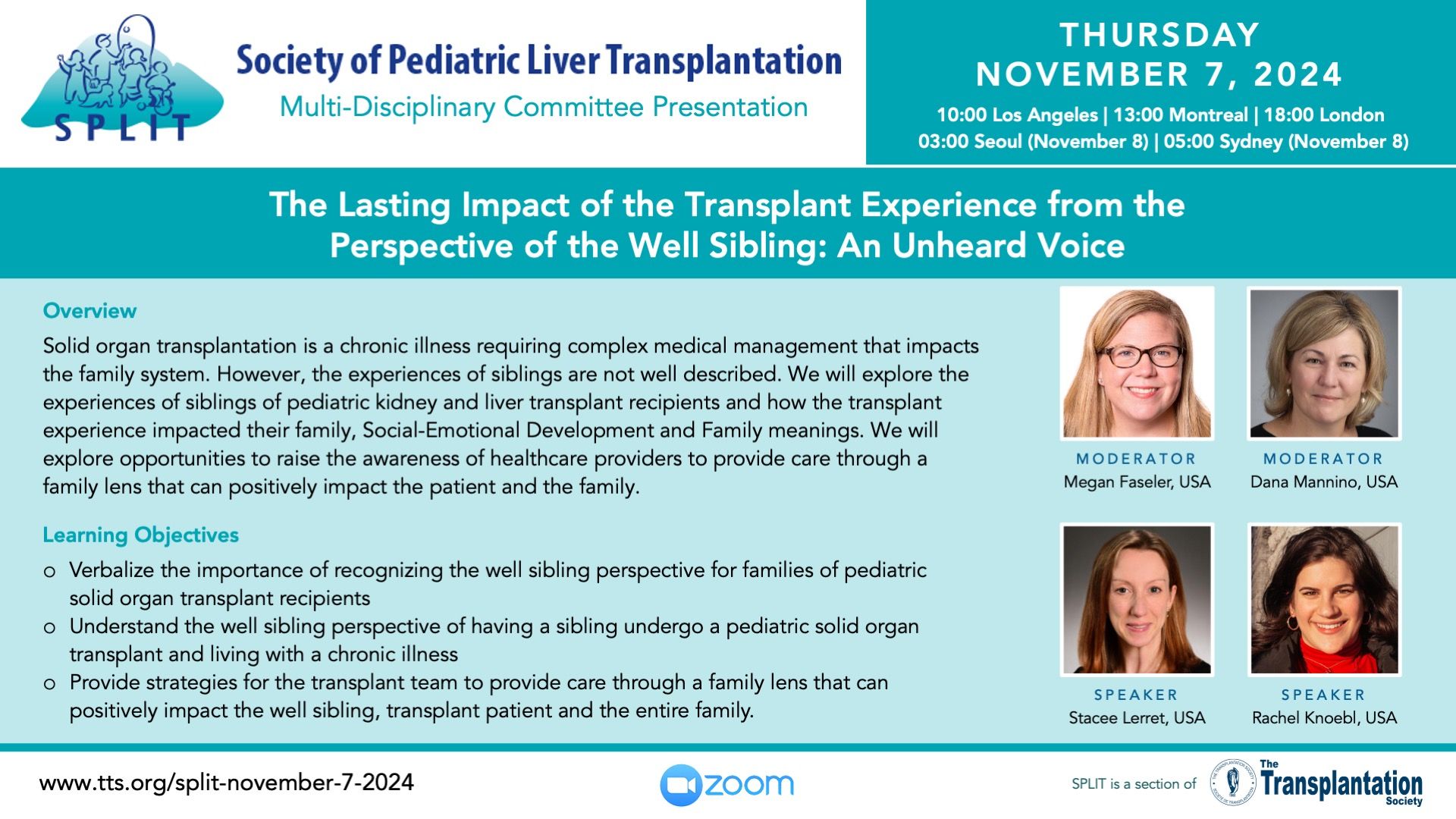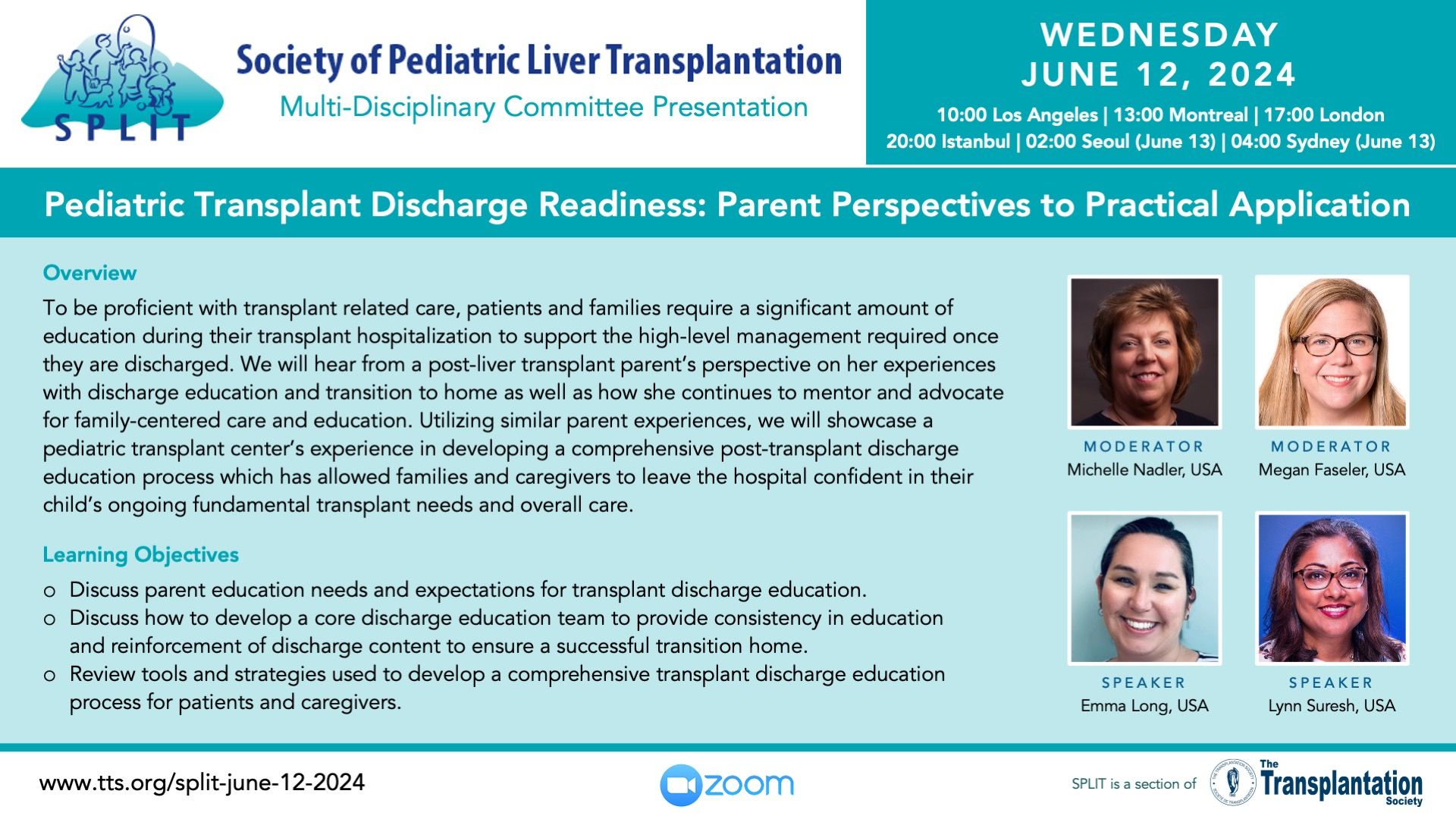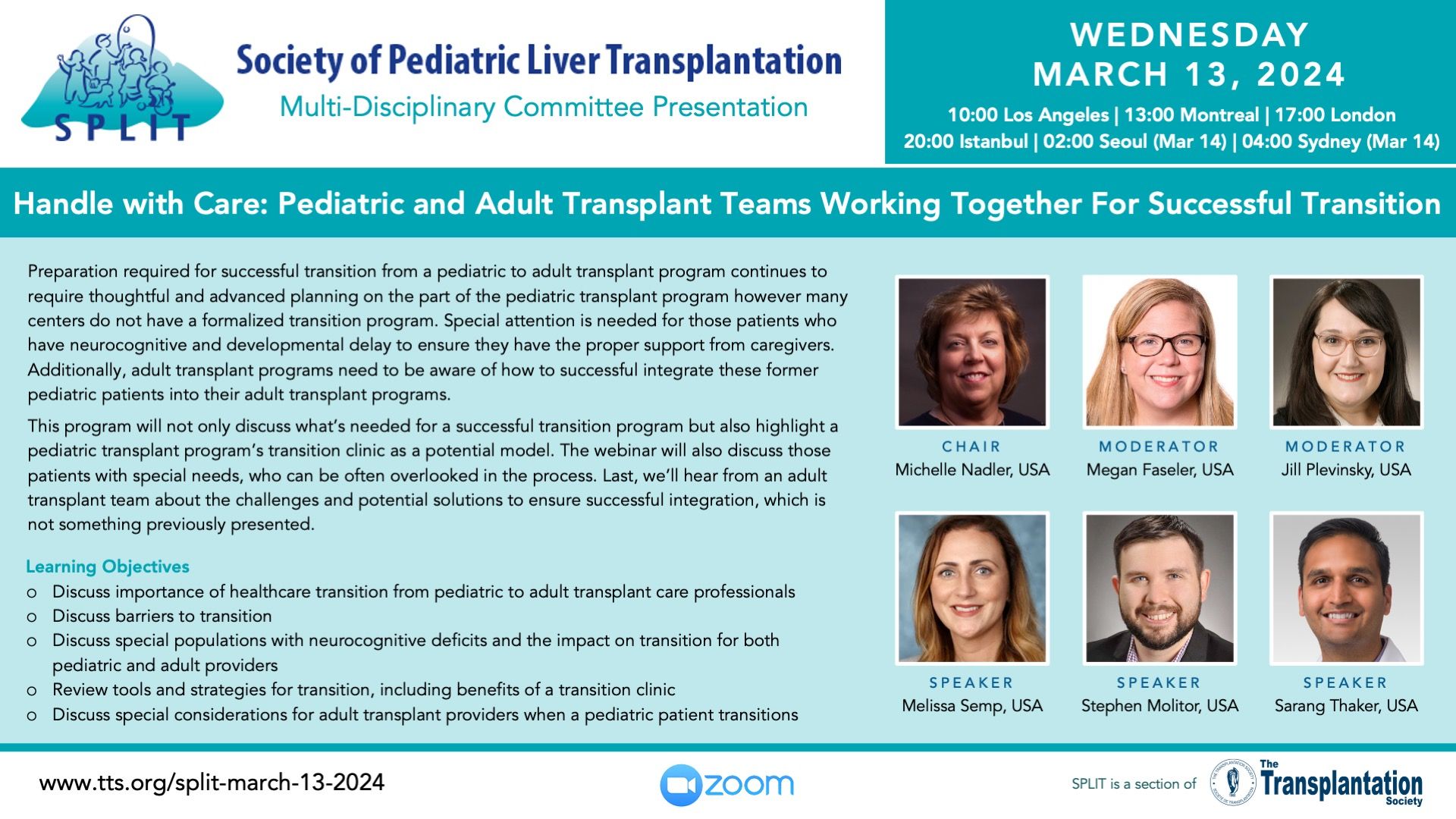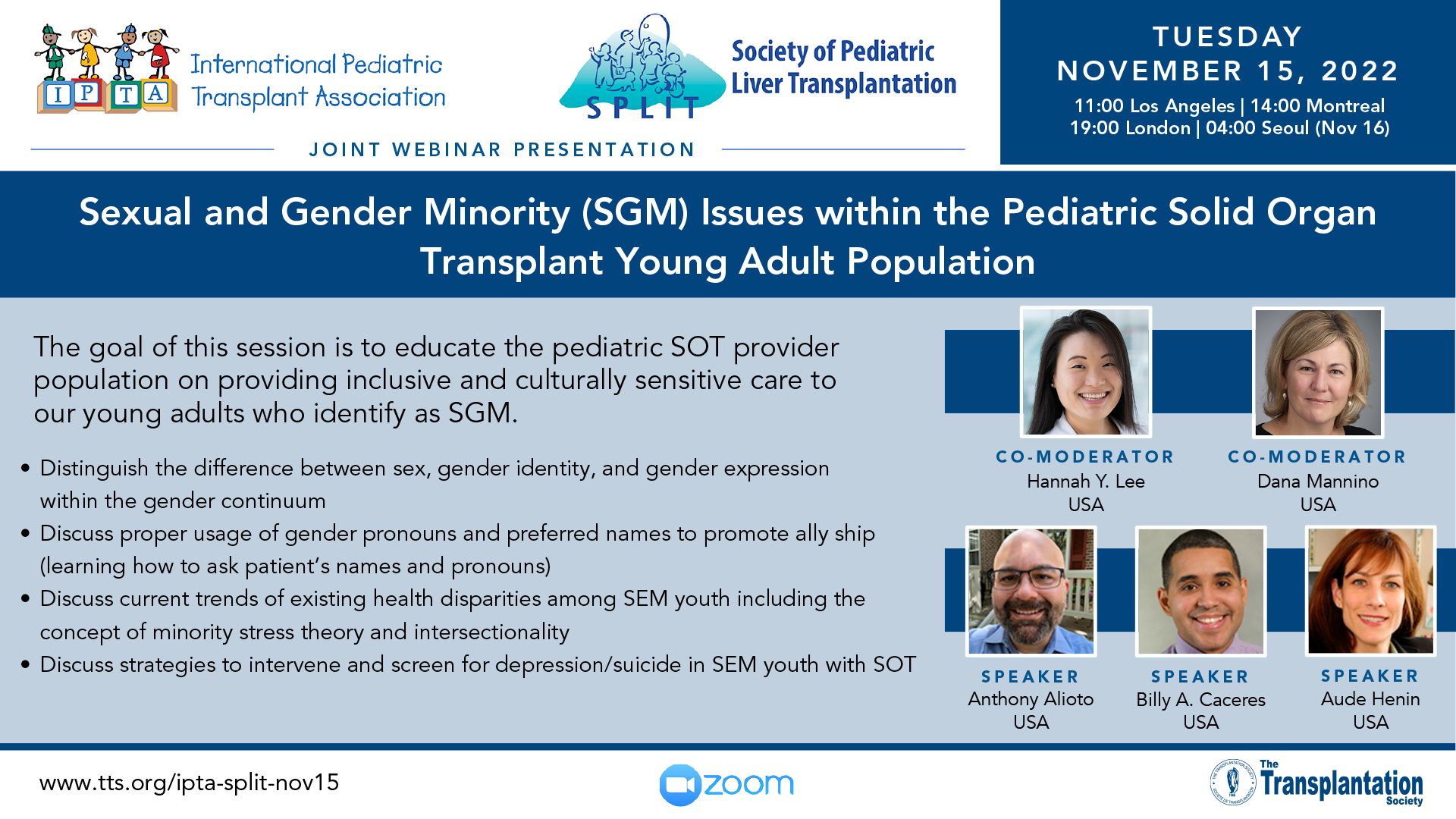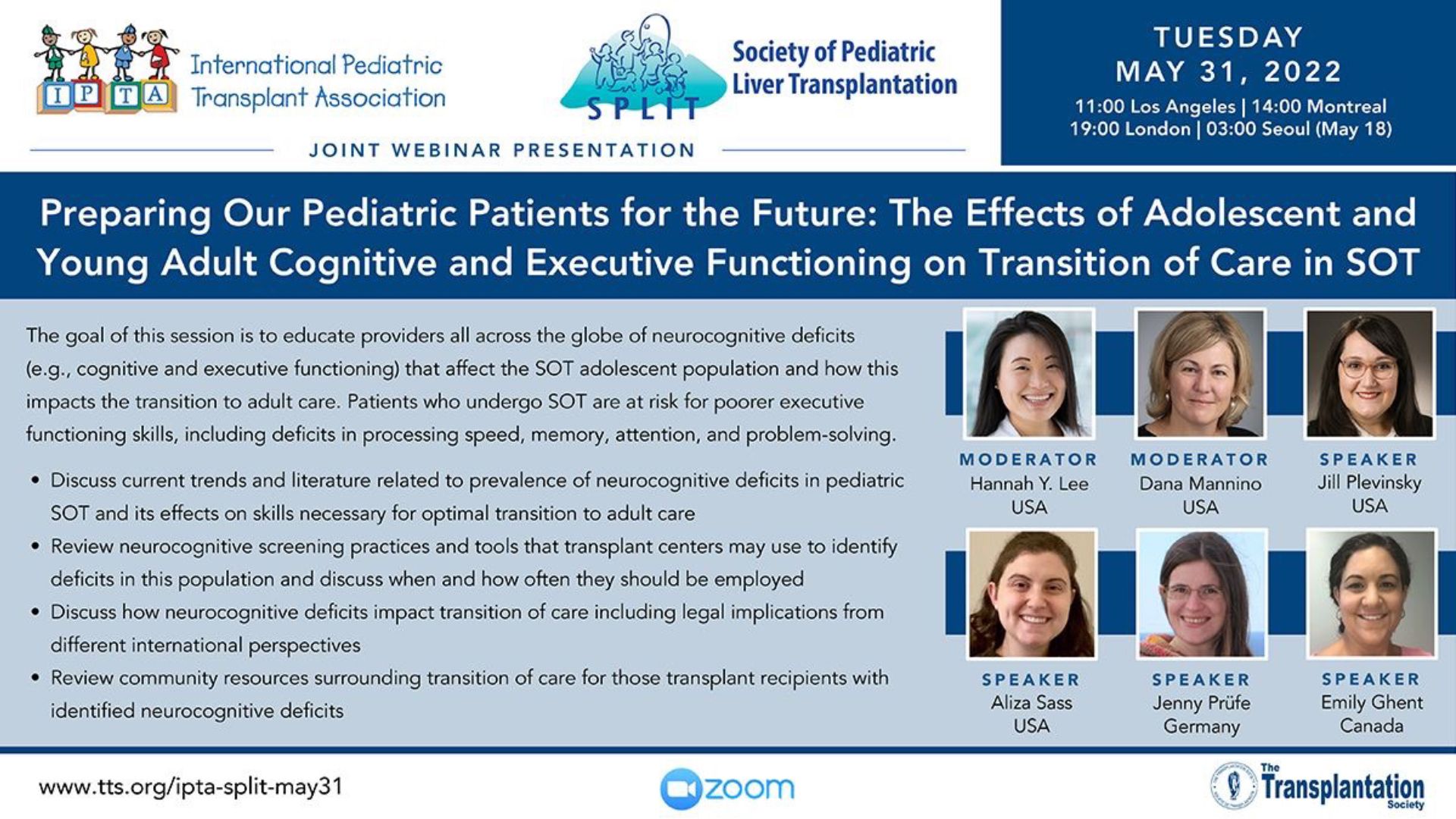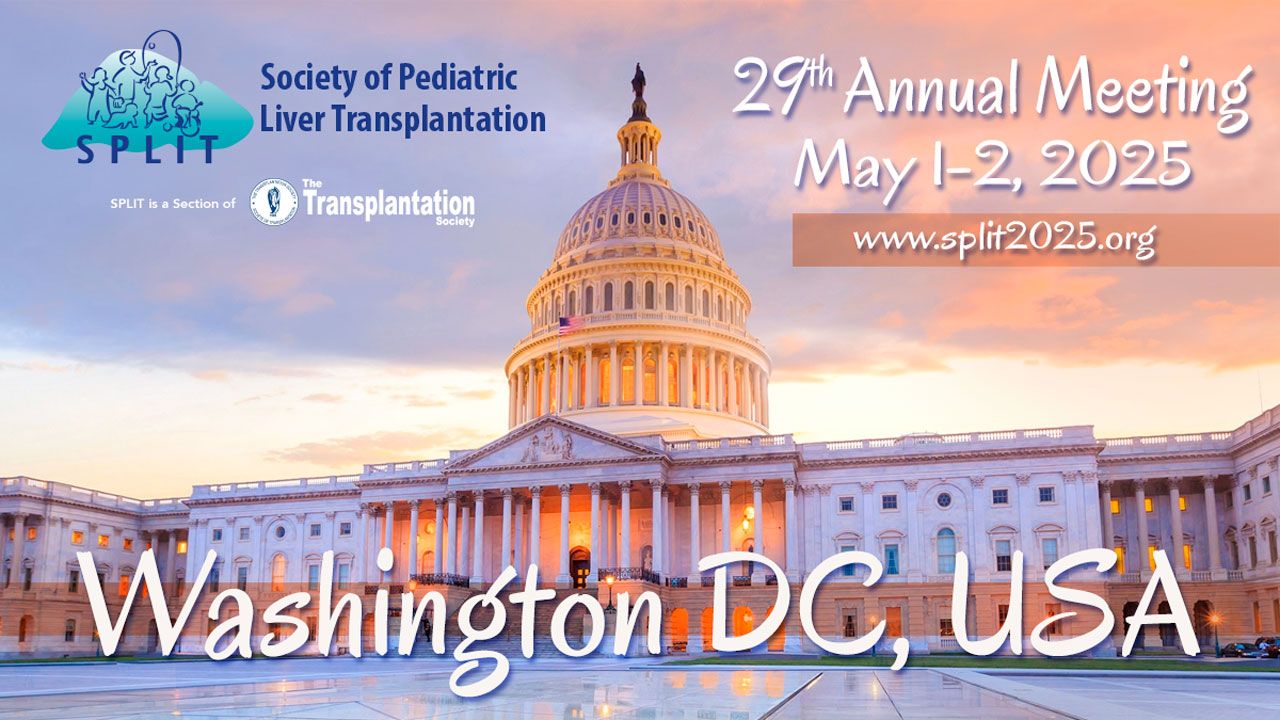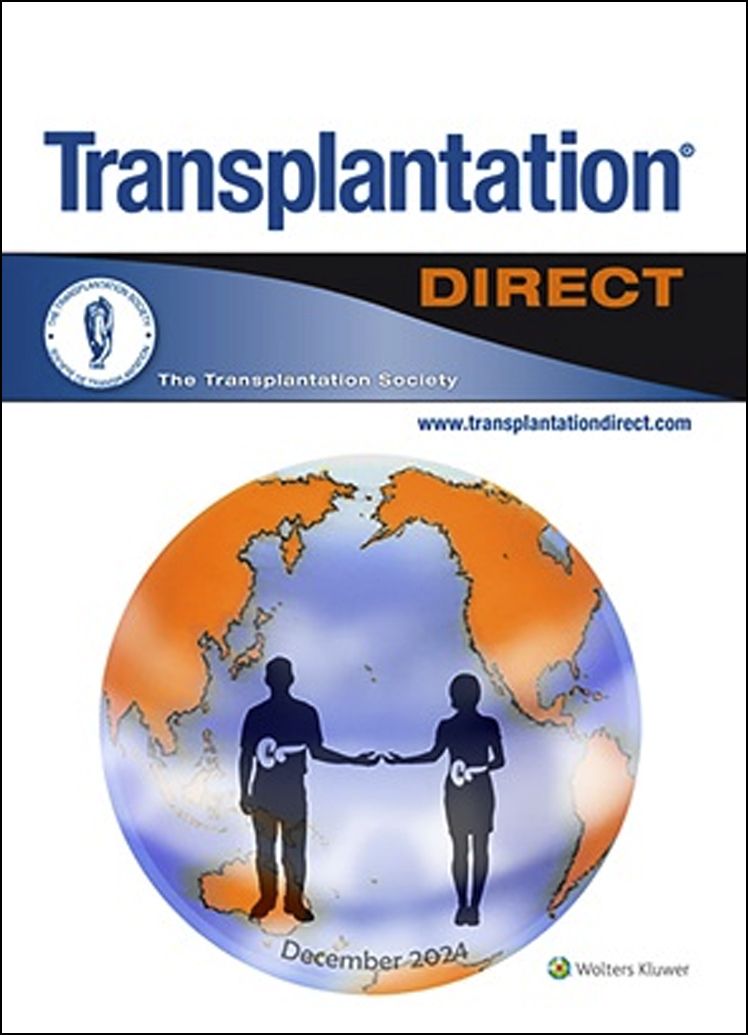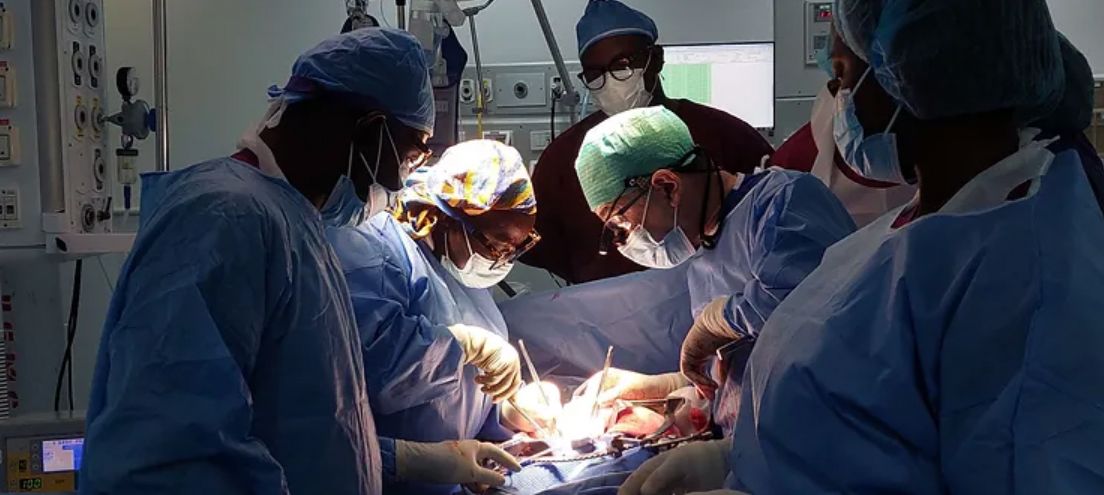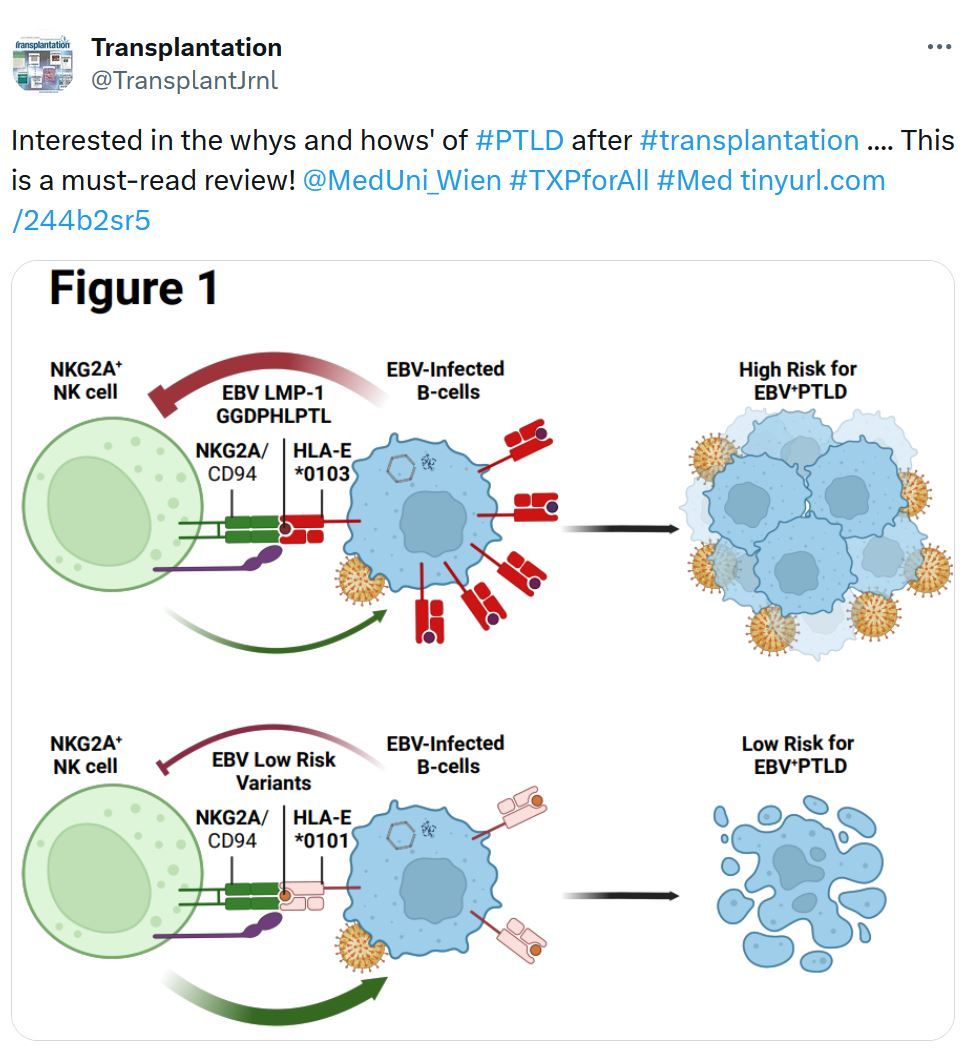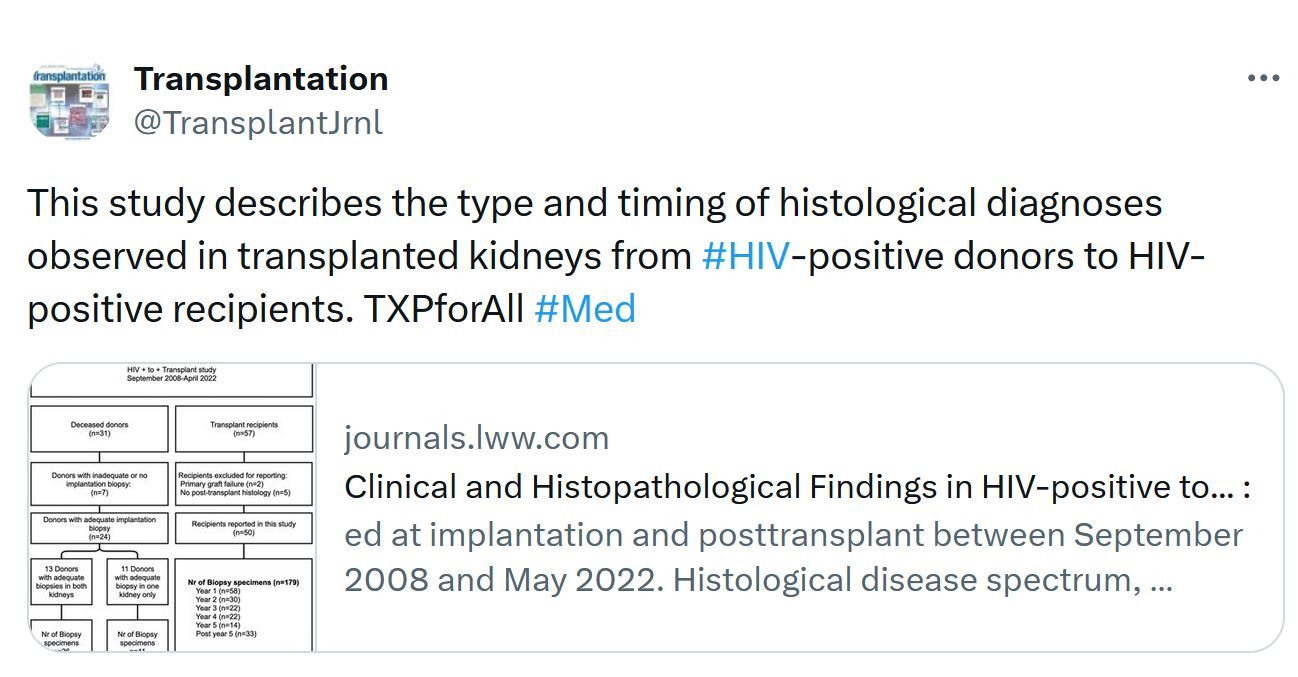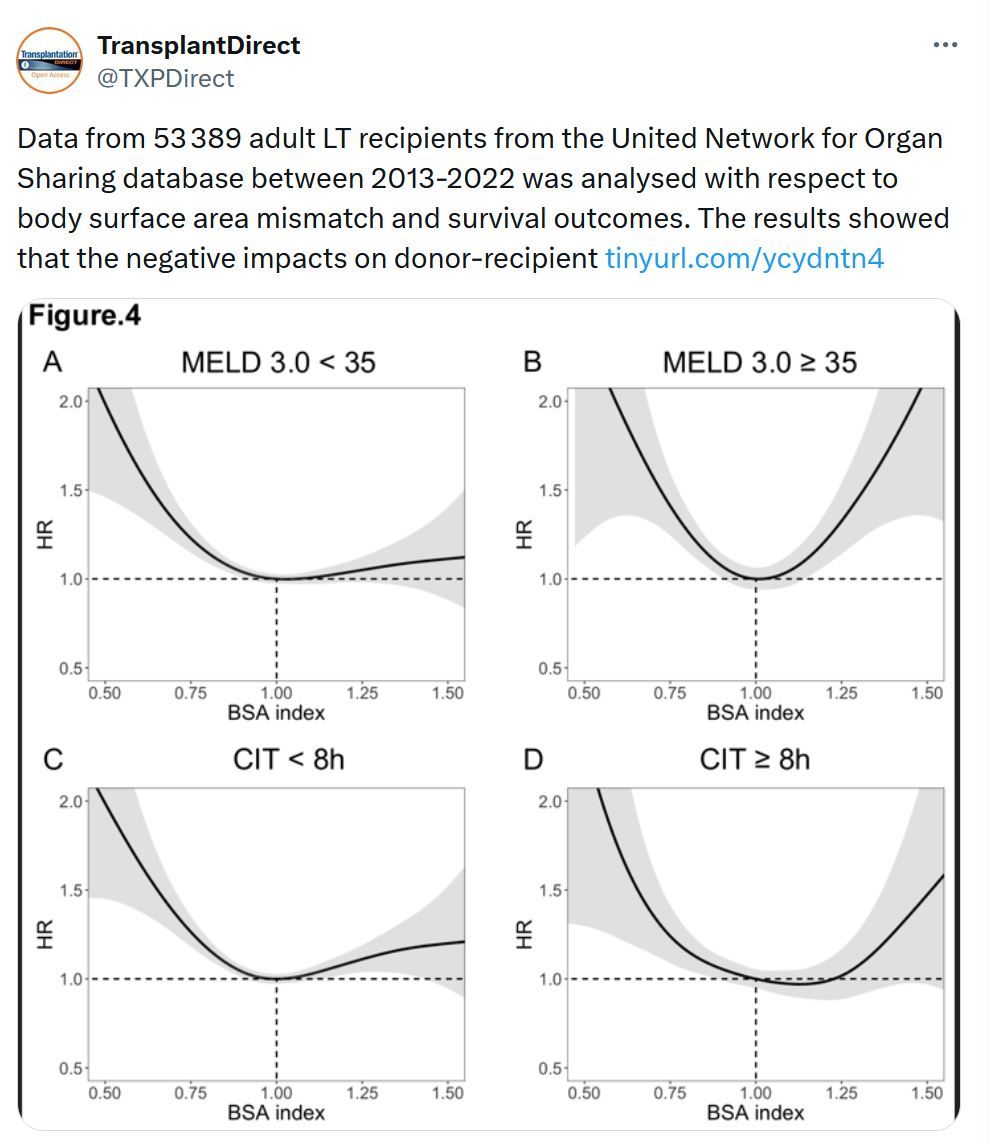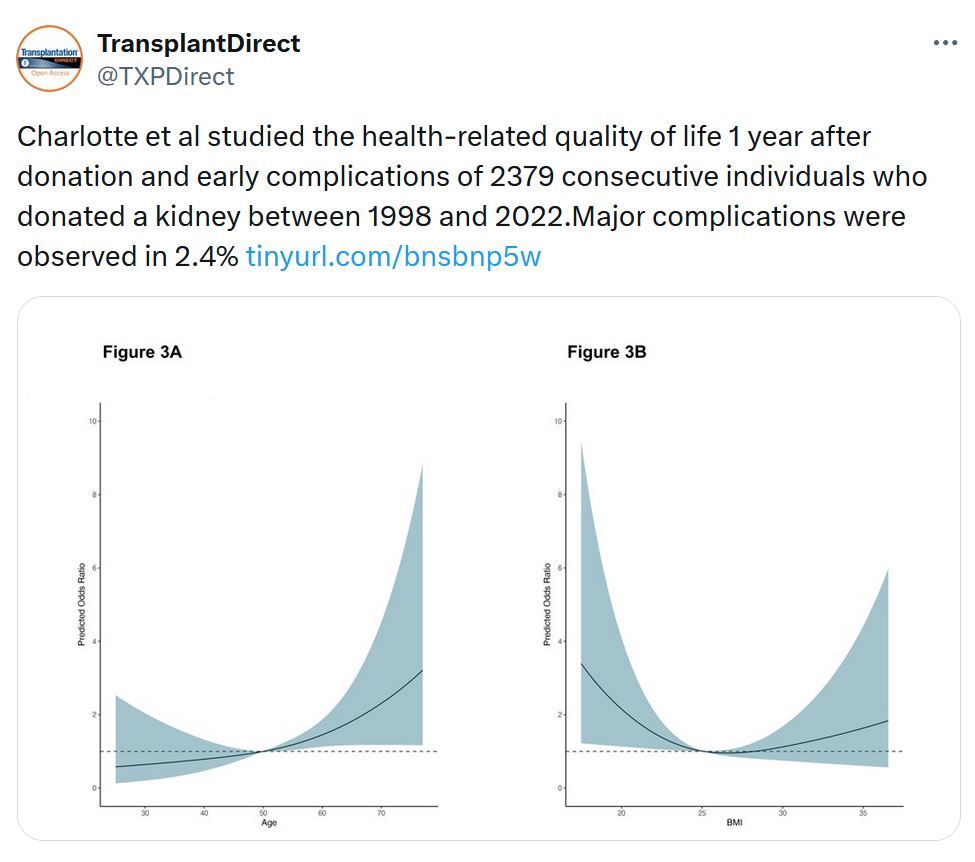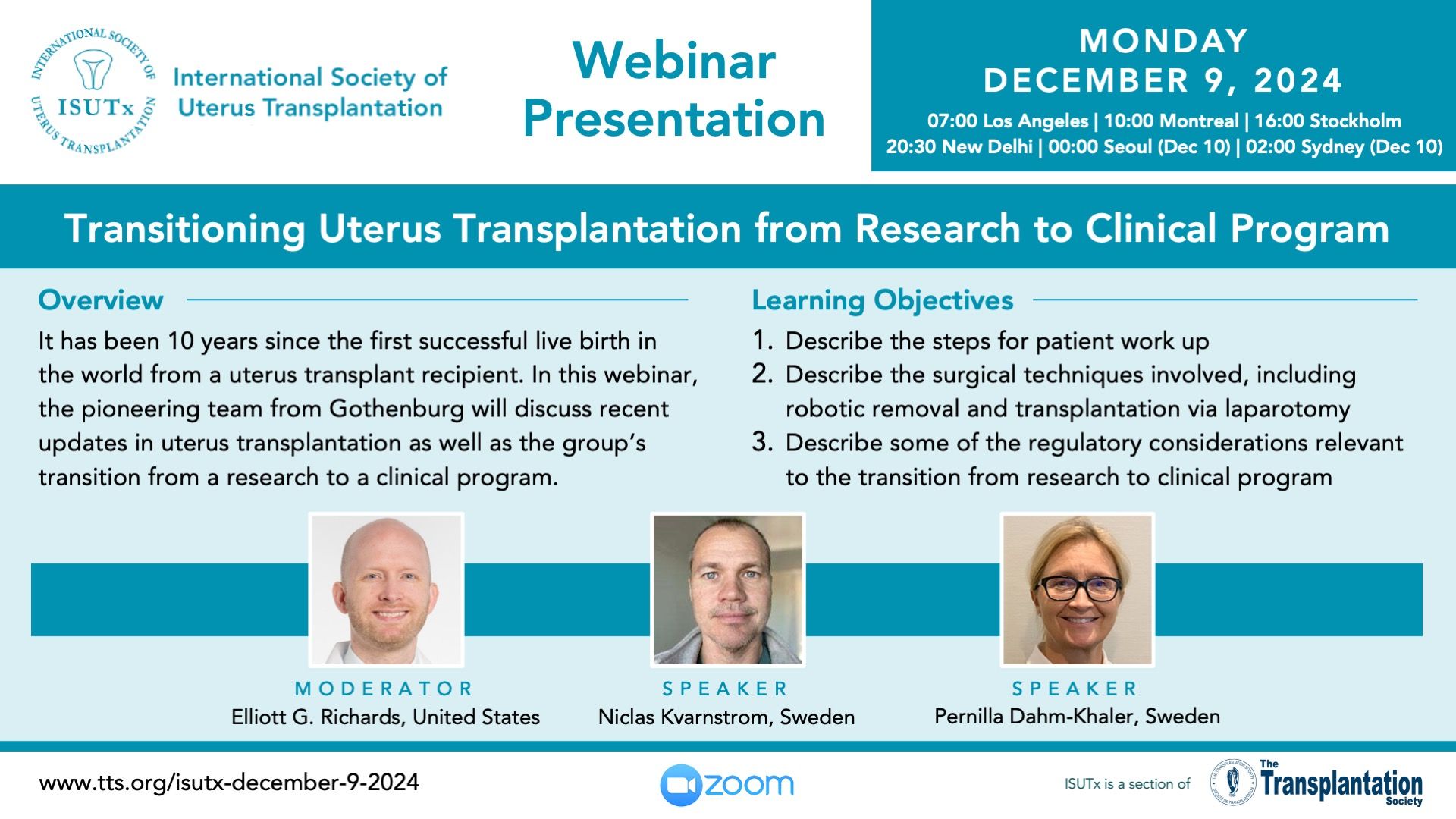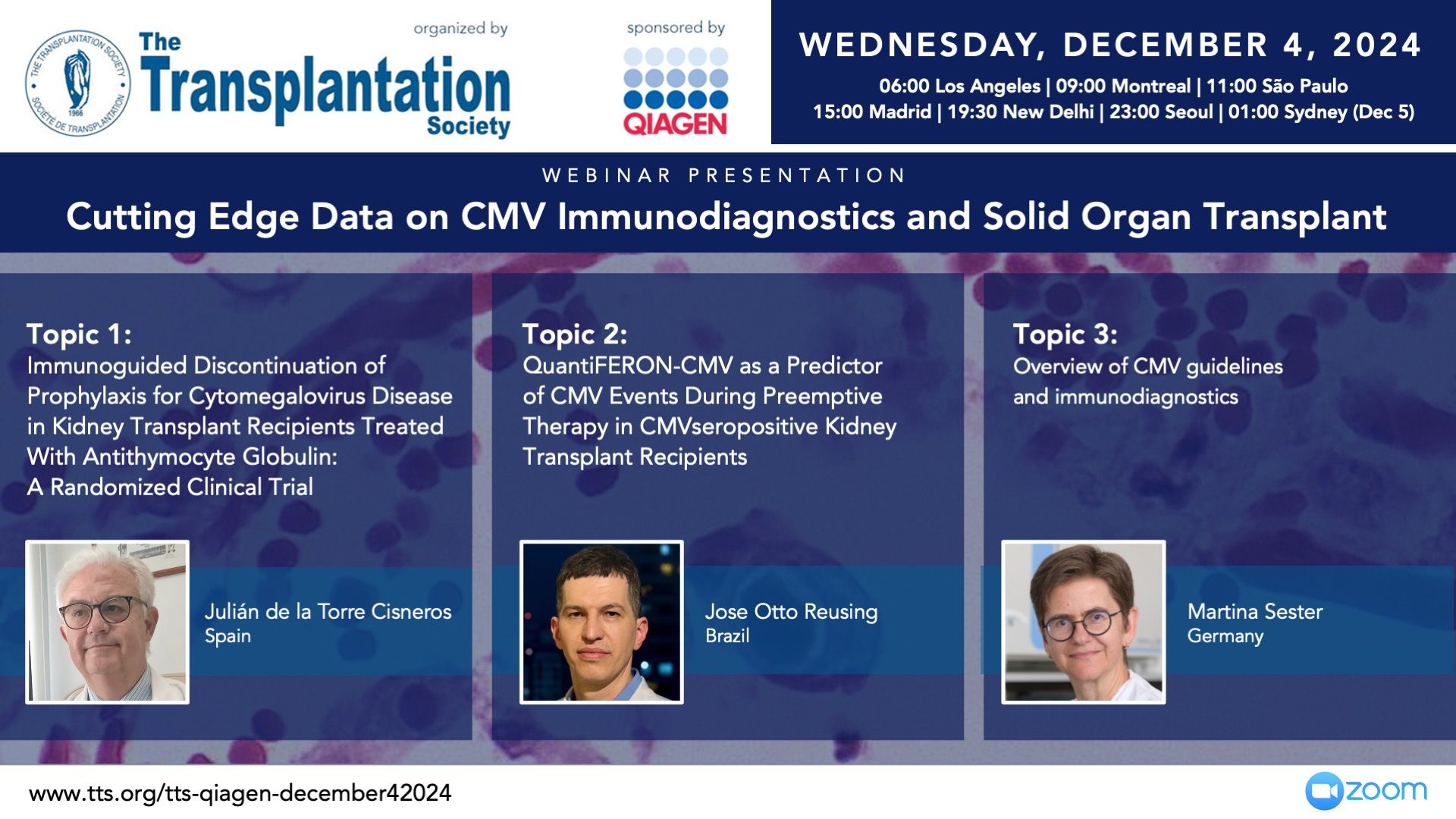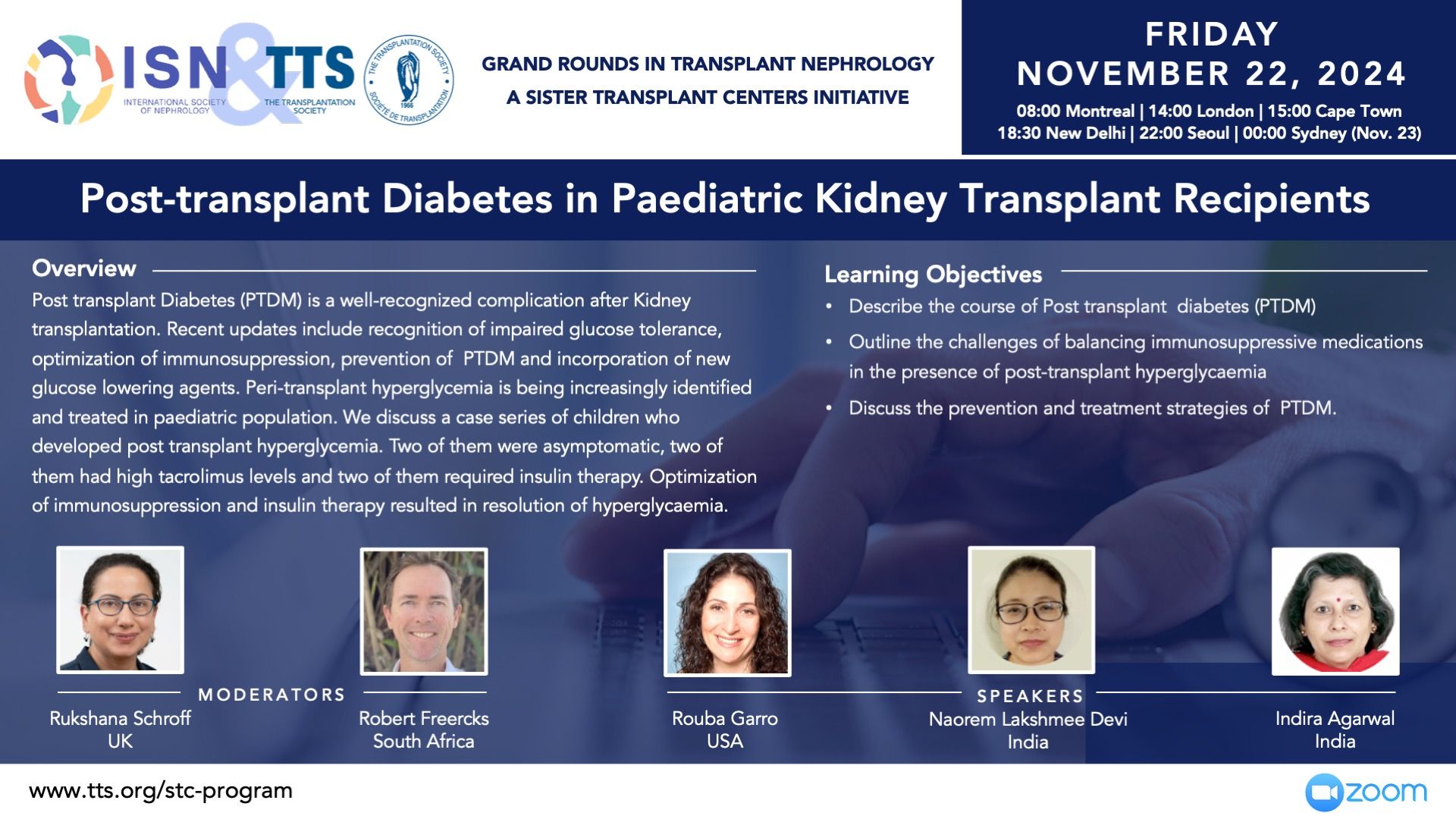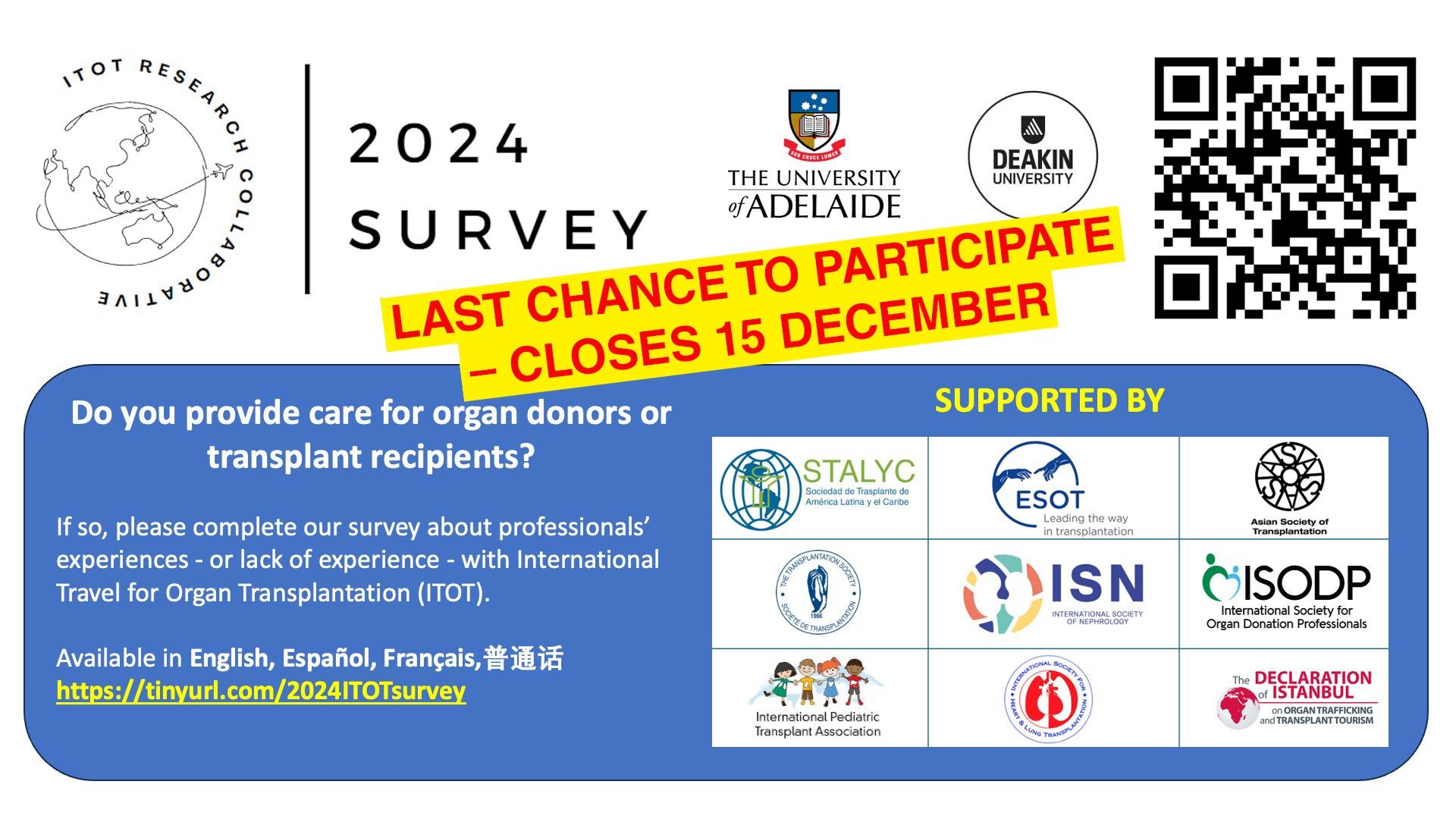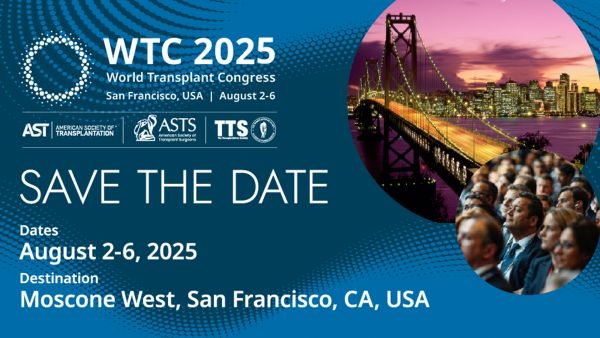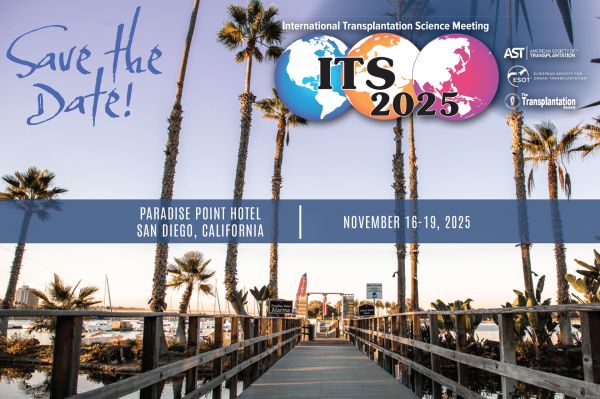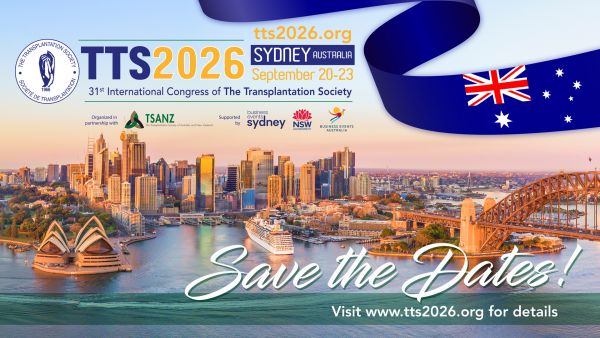
Abstract Submission for WTC 2025 is Now Open!

Membership Renewals Were Emailed Yesterday!
Membership renewal notices for TTS and Section Members were sent out yesterday. If you are a member please log into your account to pay your dues and update your profile.
As part of the on-going collaboration between TTS and our official Sections, and in order to provide TTS members with an update on areas of the field represented by TTS Sections, content for this issue of the Pulse has been submitted by the Society of Pediatric Liver Transplantation.
Special SPLIT Feature

Webinars
See Pediatric Liver Transplantation Related Sessions from TTS 2024
TTS 2024 Registrants - Click on the links below for access
Just Released - Transplantation Direct - December Issue
Transplantation Direct for December is now online and features a wide range of topics. We have a number of articles in kidney transplantation, including prehabilitation strategies in recipient candidates, factors in deceased donors contributing to acute kidney injury, postural venous outflow problems in pregnant recipients, outcomes using high KDPI kidneys in older recipients, data on whether patiromer interacts with tacrolimus, and a first-in-human safety study on using alpha-1-microglobulin to improve kidney function. In liver transplantation, we have reports on the impact of machine perfusion (MP) on organ usage and DCD graft survival in the USA, and on the dynamics of ischemia-reperfusion injury markers in normothermic MP; there is also a comparison of transplant outcomes using 6 predictive scoring models, a study on using cardiovascular fitness tests in recipients, and a report on factors related to invasive surgical site infections. Experience using non-vascularized rectus fascia transplantation in intestinal and multi-visceral recipients is described. On the topic of organ donation, an analysis was performed on whether EBV and CMV infections can be mitigated by kidney-paired donation practices, and a study plan is described from Canada related to legislation that determines the impact of deemed consent methodologies. In the increasingly emerging practice of uterus transplantation, kinetic parameters are assessed related to immunological rejection. Indeed, this entire issue of Transplantation Direct is available by open access; please visit our website for complete details.
Table of Contents
Kidney Transplantation
- A Multicenter Home-based Prehabilitation Intervention in Kidney Transplant Candidates
- Assessing Pharmacokinetics and Safety of Therapeutic Alpha-1-Microglobulin in First-in-Human Kidney Transplantation: A Noncomparative Open-Label Multiple-Dose Phase 1b Study
- Acute Kidney Injury in Deceased Organ Donors: Risk Factors And Impacts on Transplantation Outcomes
- Ureteric Compression and Postural Venous Outflow Obstruction by a Gravid Uterus in a Kidney Transplant Recipient: A Case Report
- Patiromer Does Not Alter Tacrolimus Pharmacokinetics in Kidney Transplant Recipients When Administered Three Hours Post–Tacrolimus
- Outcomes Using High KDPI Kidneys in Recipients Over 65 y of Age
Liver Transplantation
- Use of Machine Perfusion in the United States Increases Organ Utilization and Improves DCD Graft Survival in Liver Transplantation
- Post–Liver Transplant Outcomes: A Comparative Study of 6 Predictive Models
- Cardiorespiratory Fitness From Cardiopulmonary Exercise Testing Is a Comprehensive Risk-stratifying Tool in Liver Transplant Candidates
- Dynamics of Ischemia/Reperfusion Injury Markers During Normothermic Liver Machine Perfusion
Letter to the Editor
Uterus Transplantation
Organ Donation and Procurement
- Mitigating High-risk EBV and CMV Through Kidney Paired Donation: A Survey of Potential Donor and Recipient Candidates
- Protocol and Statistical Analysis Plan for a Comparative Interrupted Time Series Evaluation of the Impact of Deemed Consent for Organ Donation Legislative Reform in Nova Scotia, Canada
Infectious Disease
UGMC Achieves Milestone in Kidney Transplantation with Prof. Hakim's Expertise
In Case You Missed It...
Contact
Address
The Transplantation Society
International Headquarters
740 Notre-Dame Ouest
Suite 1245
Montréal, QC, H3C 3X6
Canada
Используйте Вавада казино для игры с бонусом — активируйте промокод и начните выигрывать уже сегодня!

